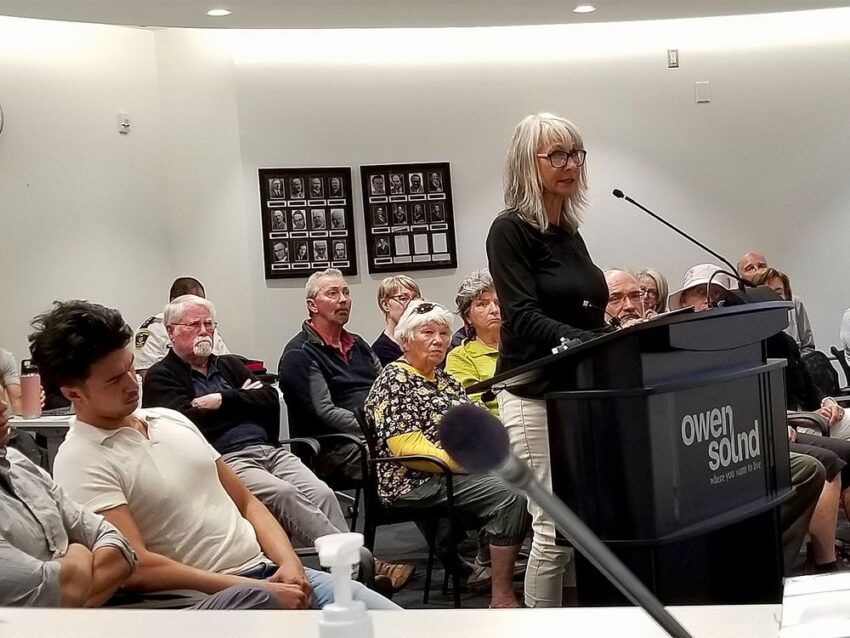Owen Sound council voted to limit short-term rentals to 90 nights a year during final deliberations Monday on regulating the sometimes-problematic rentals.
Council agreed to swap 90 for the 180 days that was in the draft short-term rentals, or STR, licensing bylaw, which is to take effect on March 1, 2024. It will come back to council for final approval. After one year in effect, staff will evaluate the program, after consulting stakeholders, and report to council.
Council also added an appeal process through the city’s committee of adjustment for licences that have been refused, revoked or suspended, and directed staff to make housekeeping amendments to related bylaws as required.
The city will be strengthening its nuisance, noise and parking bylaws and a memorandum of understanding will be drawn up between city police and the bylaw department concerning how enforcement will be done, Middlebro’ said.
Bed and breakfast locations are also subject to the STR bylaw but not subject to the nights cap or the maximum eight persons per property requirement. The reasoning is that they’re businesses where the operators live and that they can supervise.
While the STR bylaw requires rentals to be of the principal residence of the renter, the owners of or renters living principally at the STR are not required to live at the residence while it is being rented, Middlebro’ said in an interview.
There are 24 listed fines ranging from $300 to $1,000 per offence which can be issued to both the tenant and owner and can be issued daily. Three infractions will lead to a licence suspension. The annual $500 licensing fee will fund the licensing program.
Sept. 14 minutes of the corporate services committee show the clerk said the city will act on a complaint basis and will monitor host sites to ensure operators have a licence.
Owen Sound also intends to have a 4% Municipal Accommodation Tax in place for short-term stays when the STR bylaw takes effect next March. It’s projected to bring in about $500,000 annually.
The city must establish a tourism non-profit to help the city decide how to spend half the money raised by the MAT to promote tourism. The other half is up to the city alone to spend on services and infrastructure which “enhance a tourist’s visit as well as also benefits residents.”

